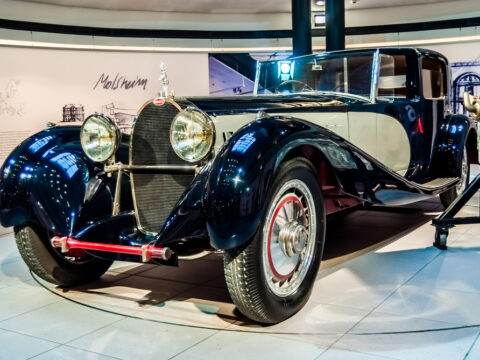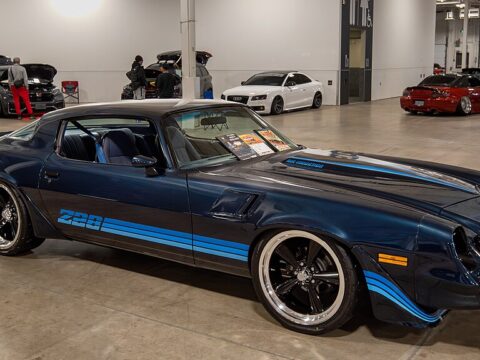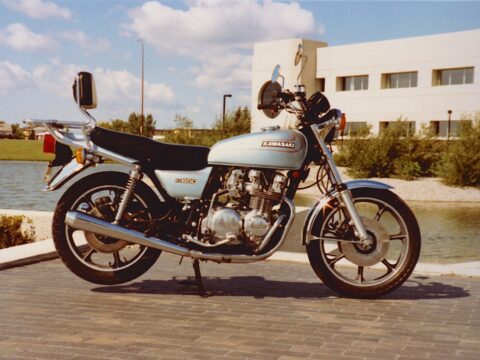When it comes to classic cars, the Ford Mustang often stands out as an icon of American automotive history. However, not all Mustangs are created equal. While some vintage models have become highly sought-after collector’s items, others have faded into obscurity for various reasons. In this article, we’ll take a look at 15 vintage Mustangs that no collector wants, exploring what went wrong with these once-promising rides.
Contents
1974 Mustang II
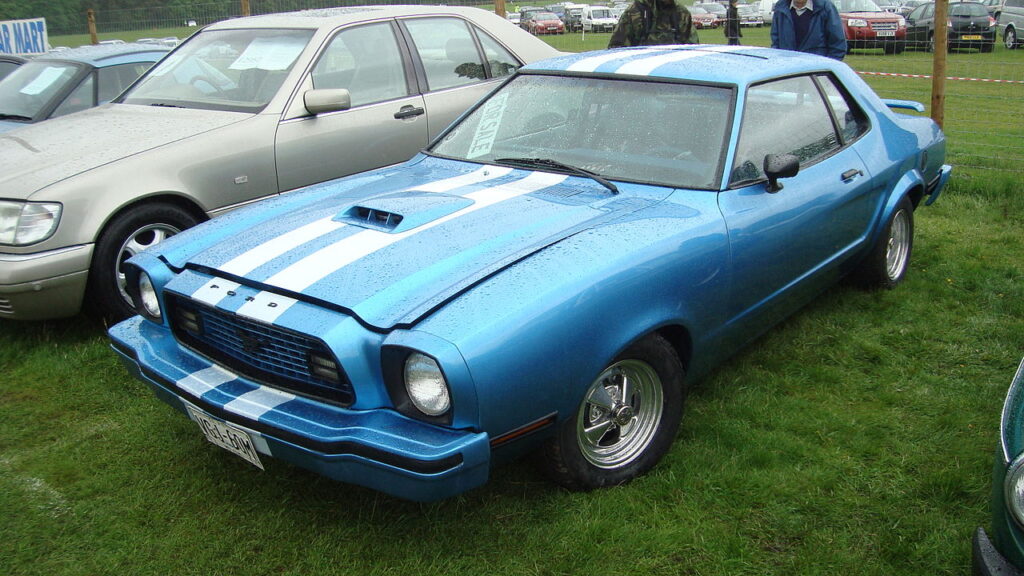
The 1974 Mustang II marked a significant departure from the original Mustang’s muscle car roots. Built on the Pinto platform, it featured a smaller, underpowered engine and lacked the performance and style that made the original Mustang iconic. Its focus on fuel economy over performance left many enthusiasts disappointed.
1975 Mustang II Ghia
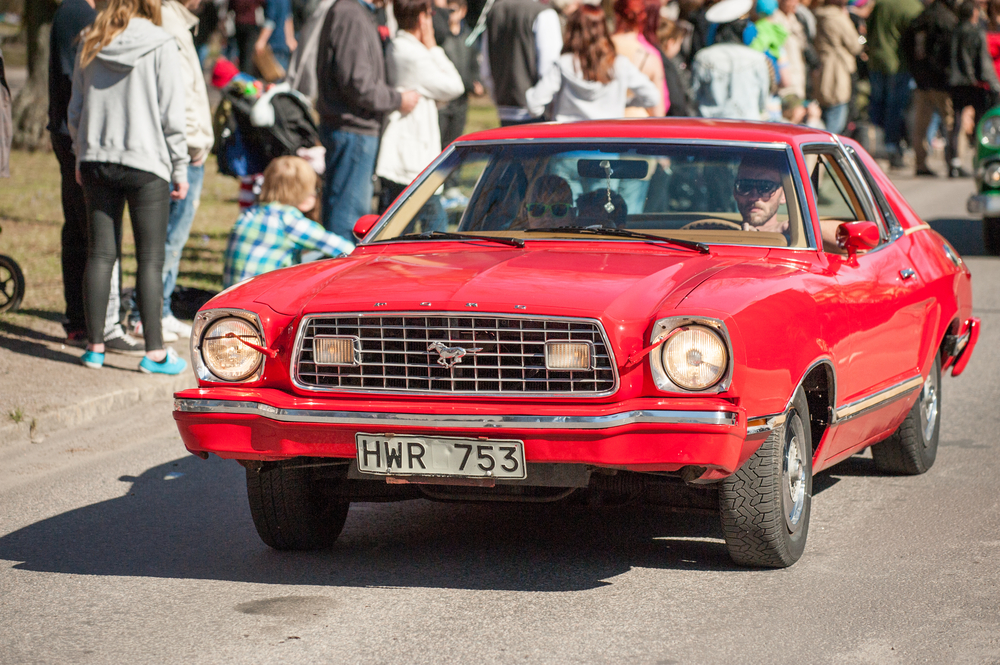
The 1975 Mustang II Ghia aimed to provide a luxury compact car experience, but it fell short in both luxury and performance. With a lackluster 2.8-liter V6 engine producing just 97 horsepower, it couldn’t match the excitement of earlier models. Its heavy use of vinyl and fake wood trim also did little to impress collectors.
1976 Mustang II Cobra II
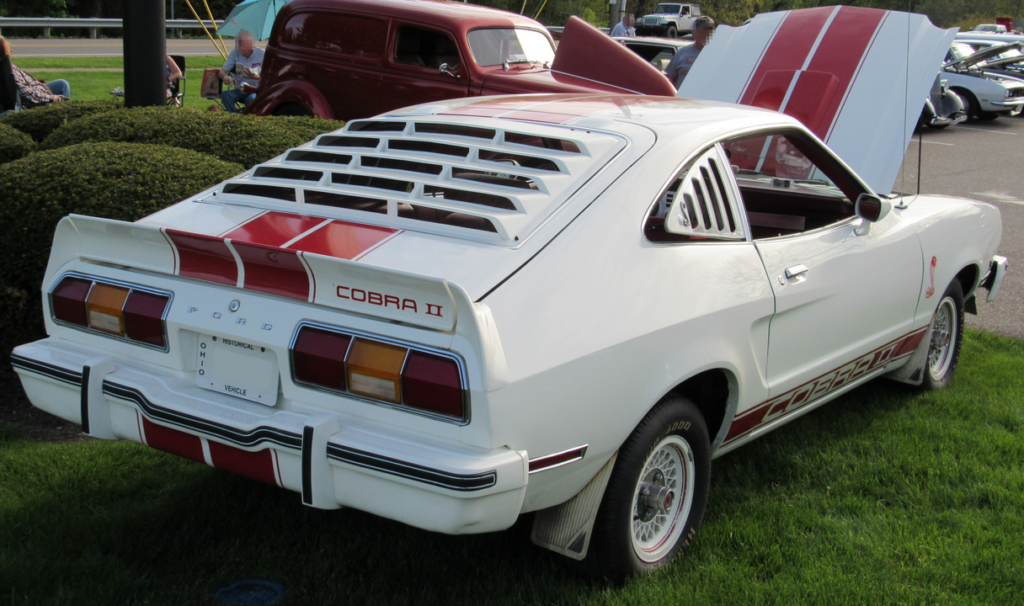
Despite its flashy appearance, the 1976 Mustang II Cobra II failed to deliver on performance. The available 302 cubic inch V8 engine was detuned, producing only 134 horsepower, which wasn’t enough to match the car’s aggressive styling. This disconnect between looks and performance left collectors unimpressed.
1978 Mustang II
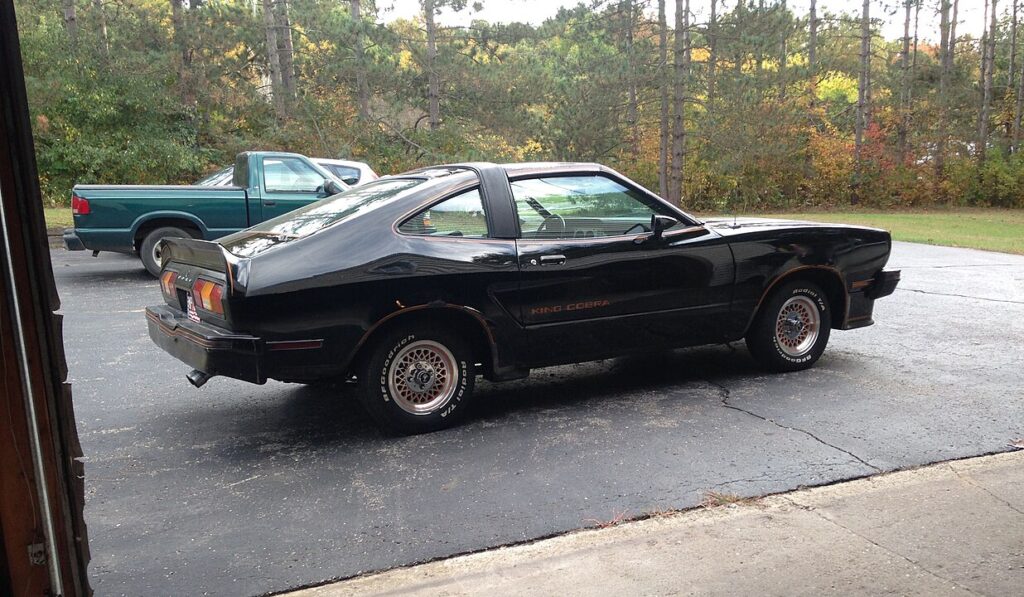
By 1978, the Mustang II had worn out its welcome with enthusiasts. The final year of this generation continued to offer uninspiring performance with its small, inefficient engines. The car’s poor handling and lack of power made it one of the least desirable Mustangs for collectors.
1980 Mustang

The 1980 Mustang suffered from severe performance limitations due to the oil crisis and emissions regulations. The standard 2.3-liter four-cylinder engine produced a mere 88 horsepower, making it one of the weakest Mustangs ever. Its lackluster performance and bland styling make it unpopular with collectors.
1981 Mustang
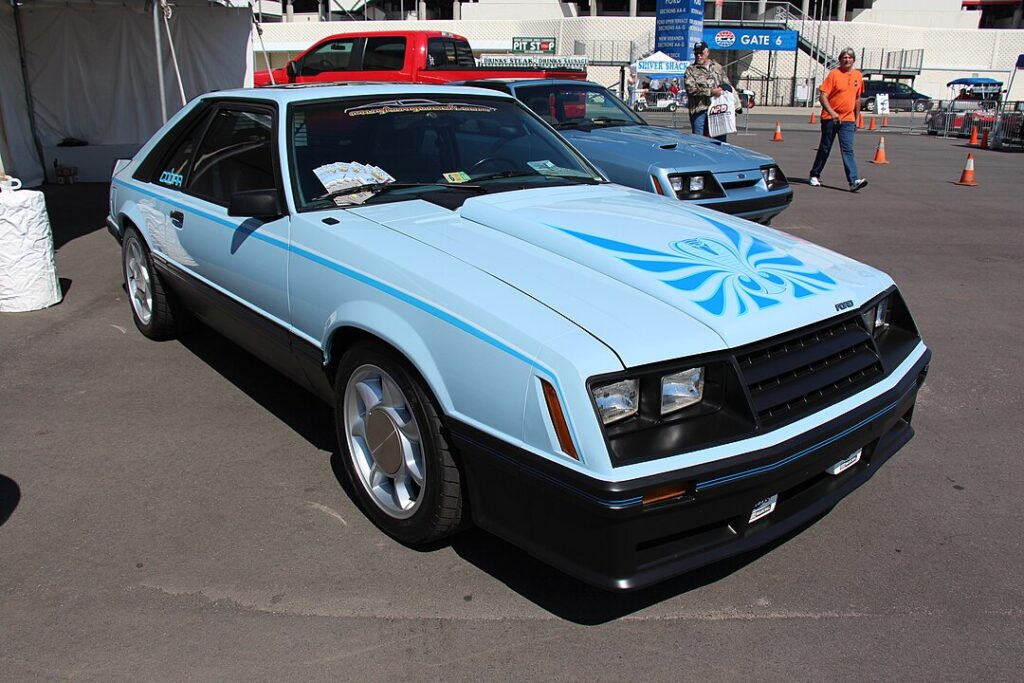
The 1981 Mustang continued the trend of underwhelming performance. Despite minor updates, the car’s 2.3-liter four-cylinder and optional 4.2-liter V8 engines provided insufficient power. The overall build quality and uninspired design failed to capture the spirit of earlier Mustangs.
1982 Mustang L
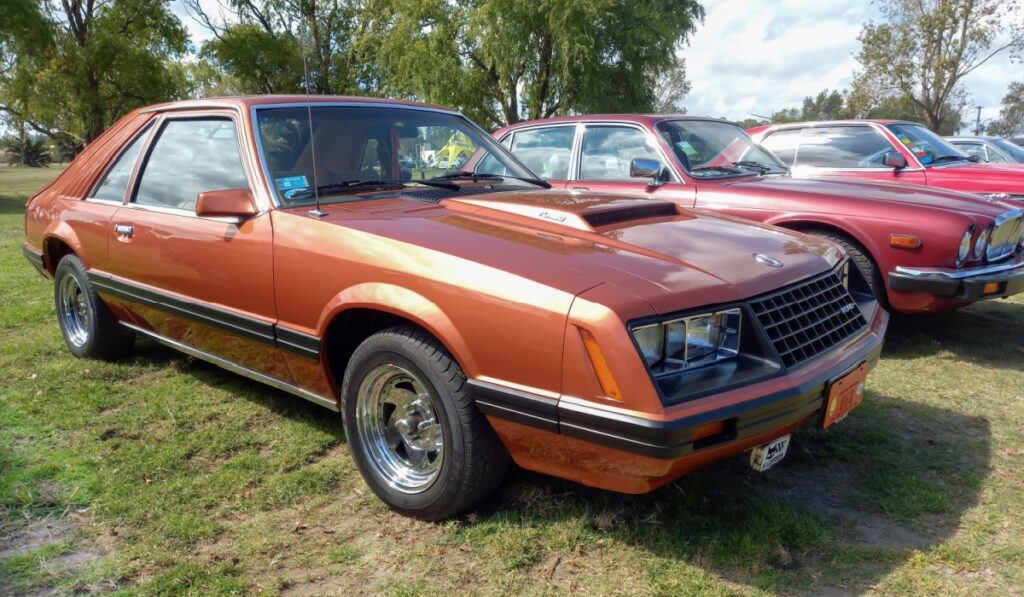
The 1982 Mustang L was an entry-level model that offered very little in terms of performance or style. Its standard 2.3-liter four-cylinder engine was underpowered, and the car’s basic interior and exterior features made it one of the least attractive Mustangs for collectors.
1983 Mustang GLX
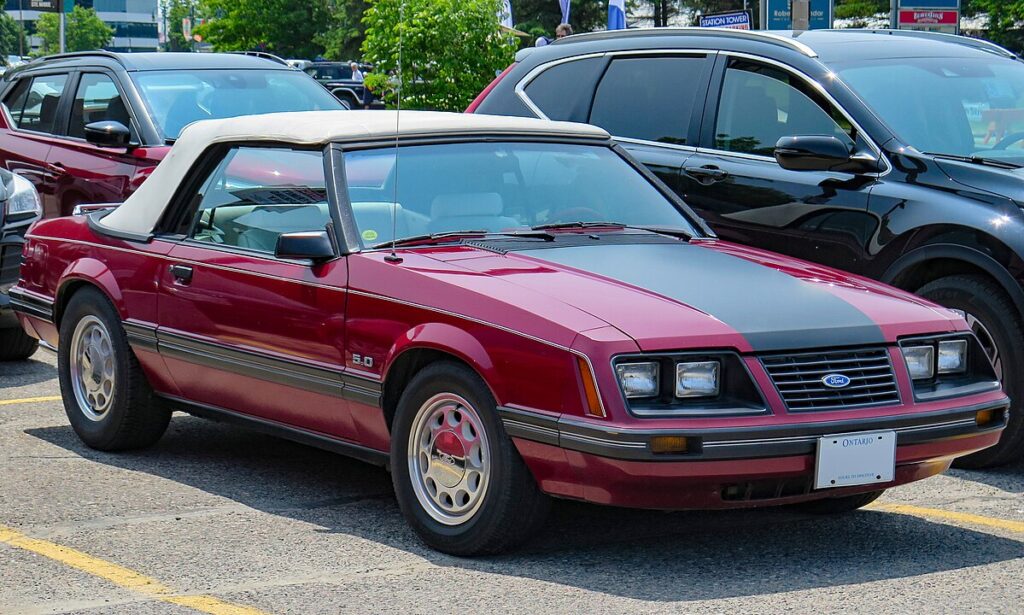
The 1983 Mustang GLX aimed to combine luxury with performance but failed to excel in either area. Its 3.8-liter V6 engine provided mediocre power, and the car’s dated styling did little to attract enthusiasts. The GLX’s lack of distinguishing features makes it a less desirable model.
1984 Mustang SVO
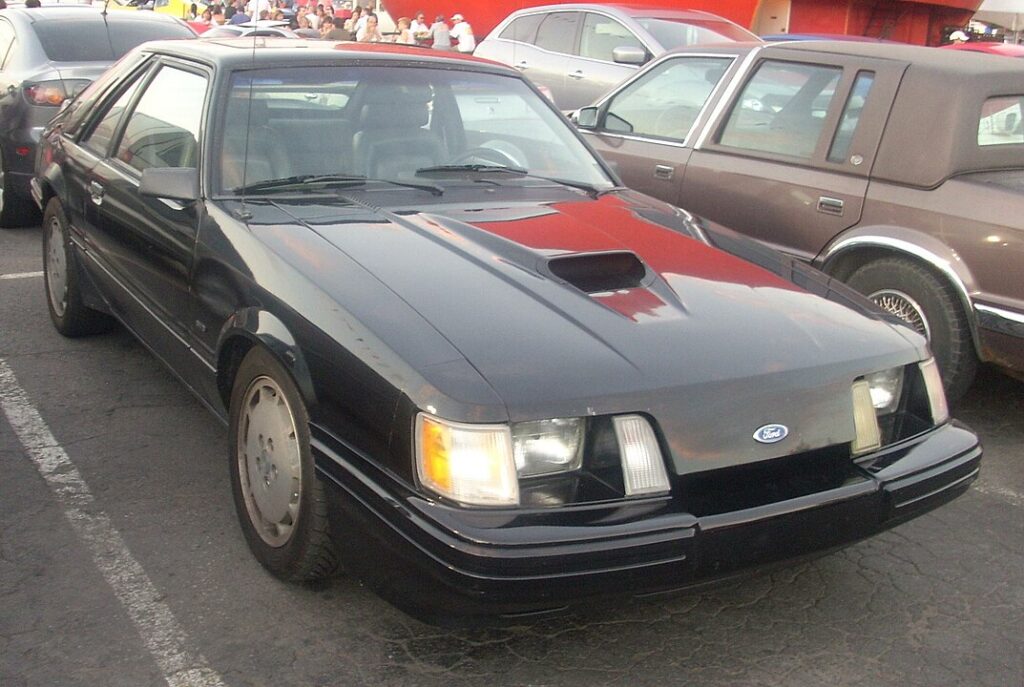
The 1984 Mustang SVO was a high-performance model with a turbocharged 2.3-liter engine, but it struggled with reliability issues. Its advanced features, such as adjustable suspension, were ahead of their time but prone to failure. Collectors often avoid the SVO due to its maintenance challenges.
1985 Mustang SVO
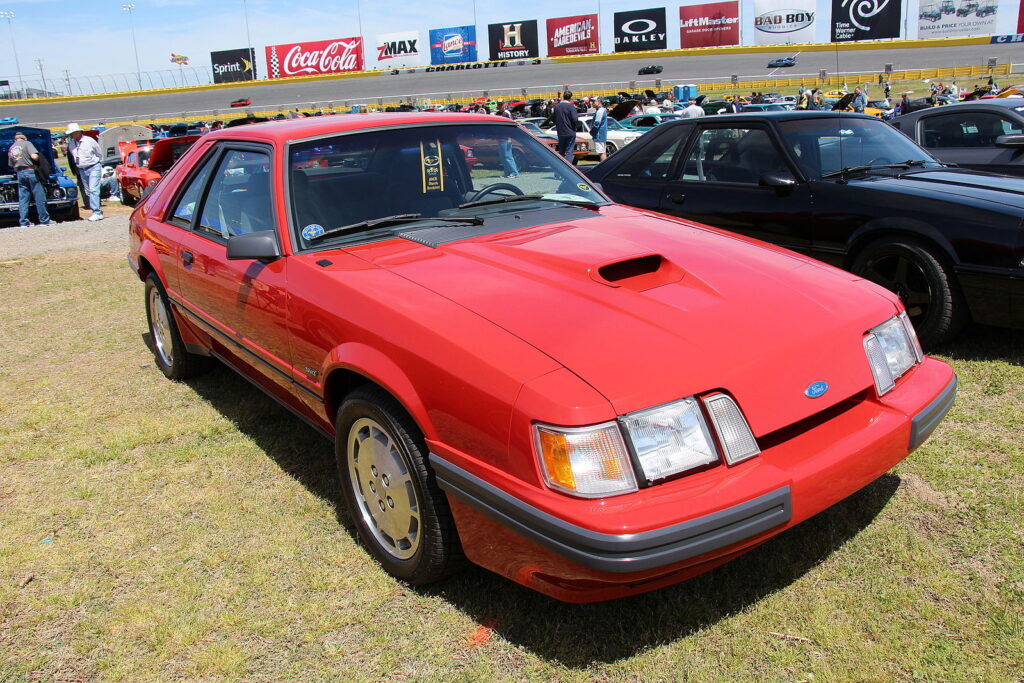
The 1985 Mustang SVO continued to suffer from the same reliability issues as its predecessor. Despite its impressive 205 horsepower, the turbocharged engine’s complexity and the car’s high price tag made it a tough sell. Collectors often seek simpler, more reliable models.
1986 Mustang SVO
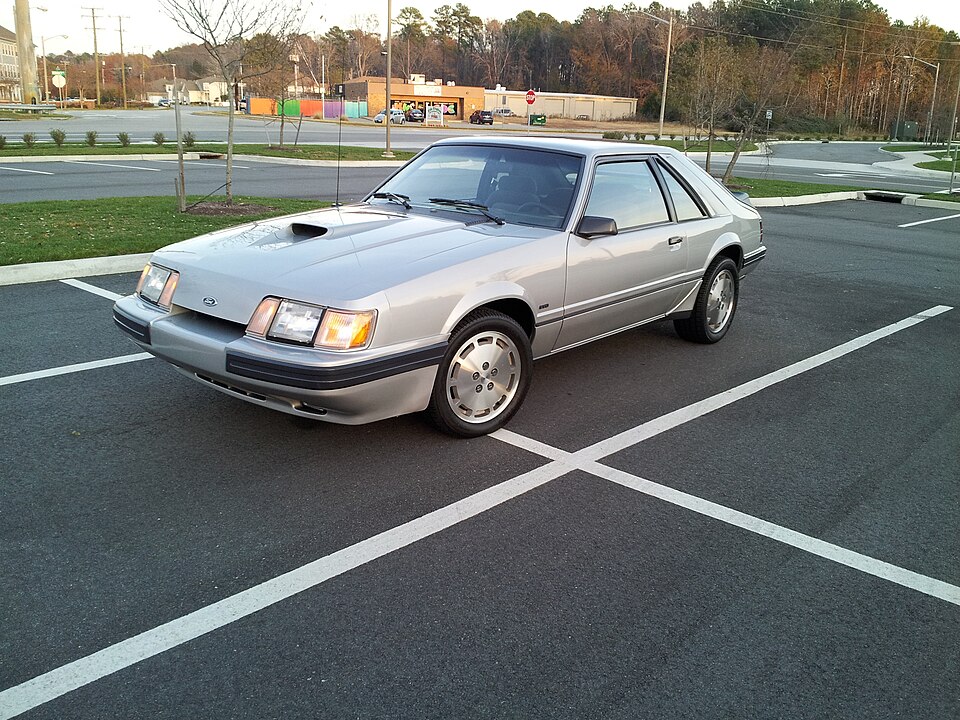
The 1986 Mustang SVO was the final year for this high-performance model, but it still couldn’t overcome its reputation for reliability issues. The turbocharged 2.3-liter engine remained problematic, and its high maintenance costs deter collectors. The SVO’s niche appeal limits its desirability.
1989 Mustang LX 2.3
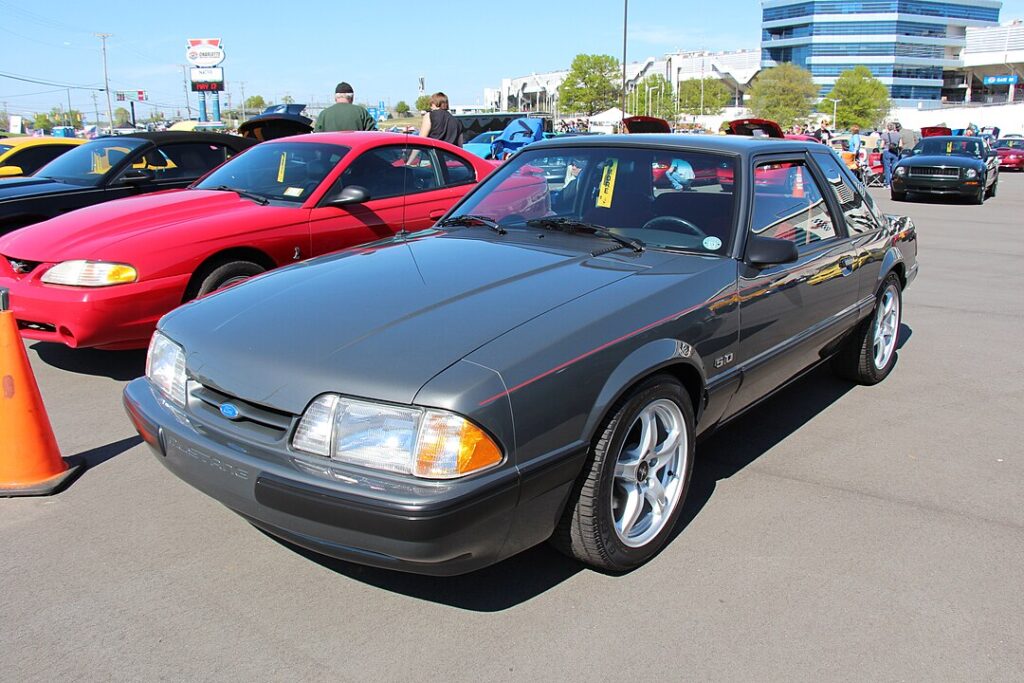
The 1989 Mustang LX 2.3 suffered from the same issues as previous years. Its 2.3-liter engine remained underpowered, and the car’s overall design failed to excite enthusiasts. The LX 2.3’s lack of standout features makes it a less desirable option for collectors.
1993 Mustang LX 2.3
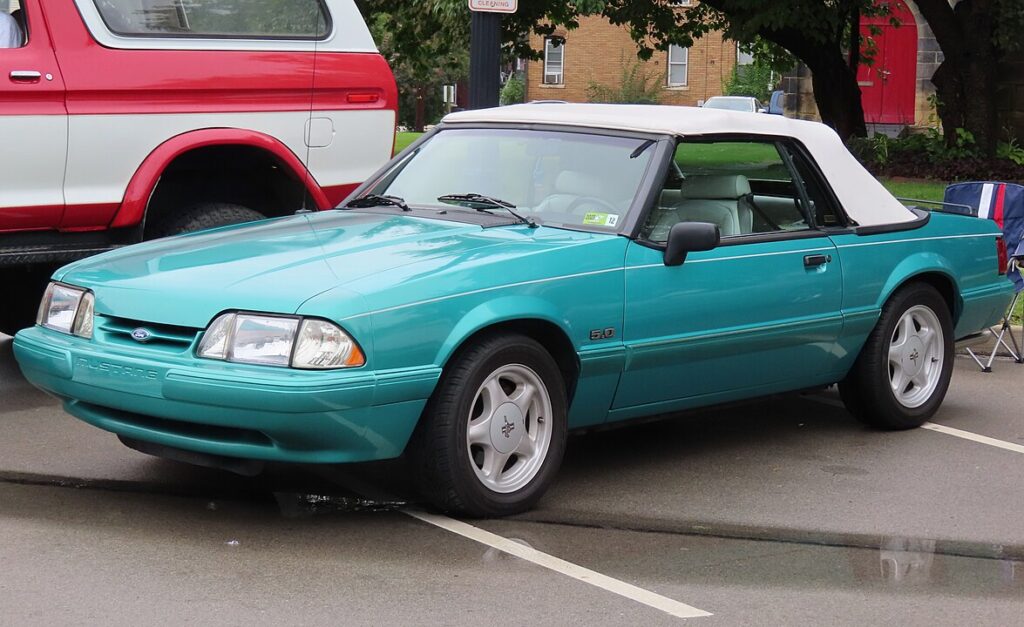
The final year for the Fox Body Mustangs, the 1993 Mustang LX 2.3, continued to struggle with performance issues. The 2.3-liter engine’s 105 horsepower was insufficient, and the car’s outdated design failed to impress. Collectors generally prefer models with more power and better features.
1973 Mustang Grande
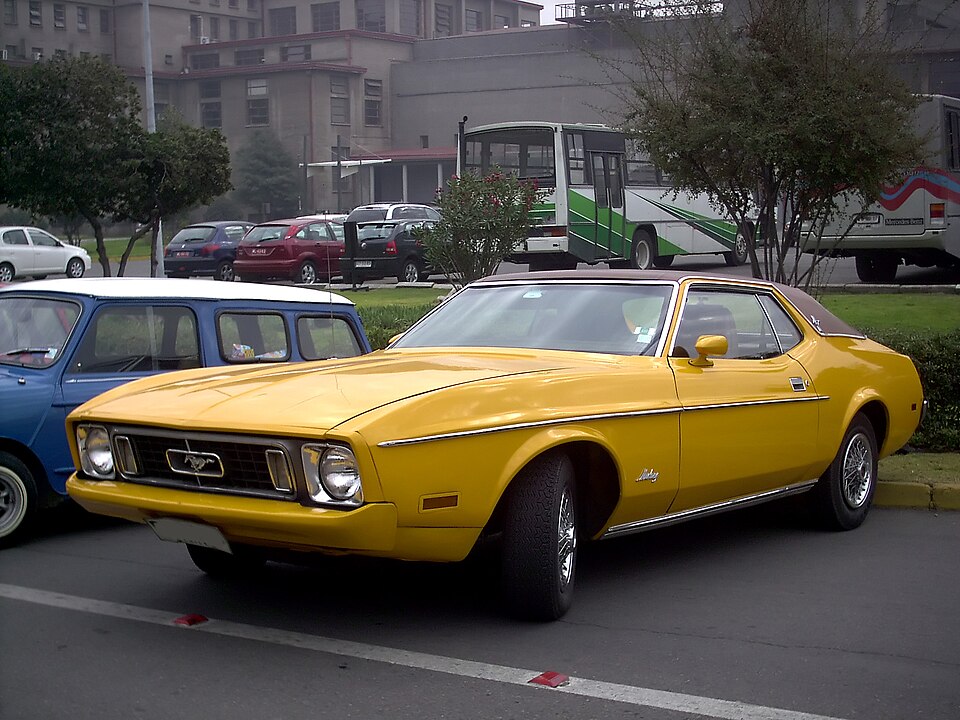
The 1973 Mustang Grande was marketed as a luxury model but failed to deliver on performance. Its heavy weight and lackluster engine options, including a 250 cubic inch inline-six, made it slow and unresponsive. The Grande’s focus on luxury over muscle didn’t resonate with enthusiasts.
1972 Mustang Sprint
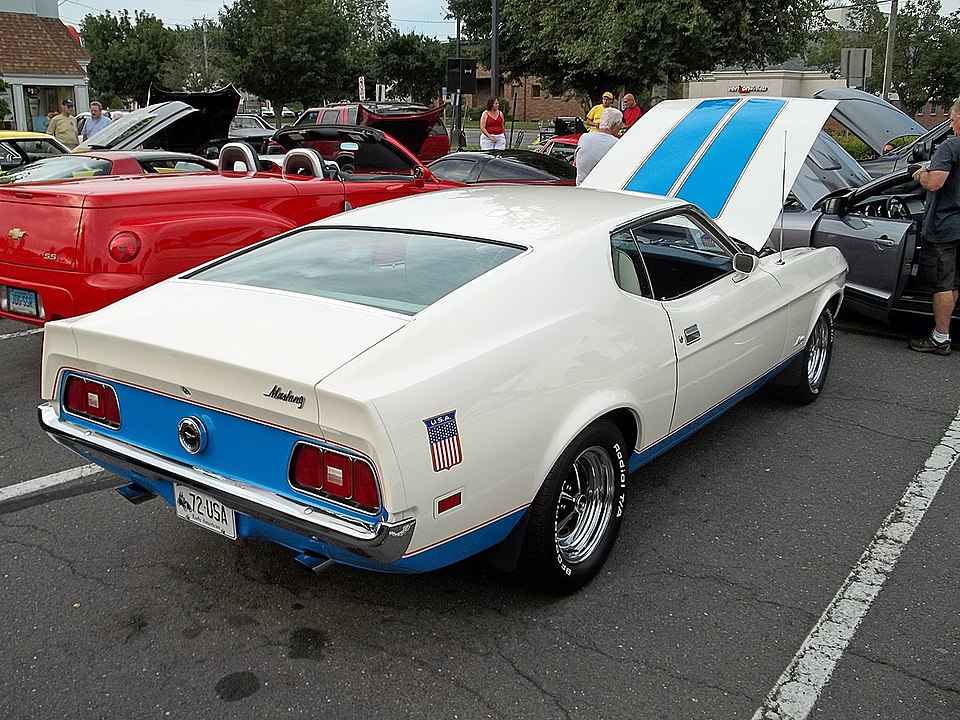
The 1972 Mustang Sprint was a special edition model celebrating the Olympics, but it offered no performance improvements over standard models. Its unique paint scheme couldn’t make up for the car’s uninspiring engine options and handling. Collectors often pass on the Sprint for more exciting Mustangs.
This article originally appeared in MyCarMakesNoise.
More from MyCarMakesNoise
15 Reasons to Avoid Buying a Used Car from a Dealership

Having spent considerable time navigating the car market, I’ve gathered insights that have shaped my approach to buying used cars. In my experience, there are compelling reasons why I prefer to avoid purchasing from dealerships. Read More.
22 Breathtaking Byways for Nature Lovers and Photographers

Embarking on a journey along scenic byways provides a perfect blend of adventure and tranquility for nature lovers and photographers alike. These routes traverse through some of the most breathtaking landscapes, offering endless opportunities to witness wildlife, soak in panoramic views, and capture stunning photographs. Read More.
18 Iconic Tanks That Dominated the Battlefields

Throughout the history of warfare, certain tanks have stood out as game-changers on the battlefield. These iconic machines combined innovative engineering, formidable firepower, and rugged durability, making them legends in their own right. Read More.

